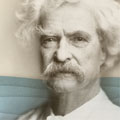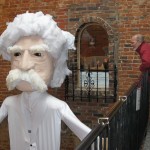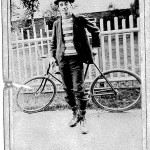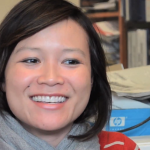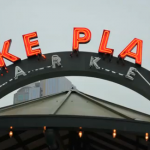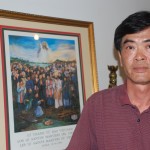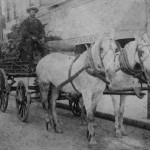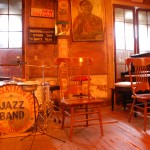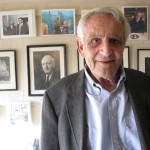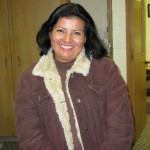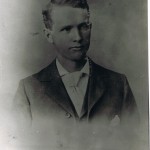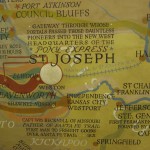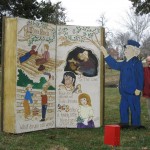The video interview we obtained with Henry Louis Gates, Jr., Alphonse Fletcher University Professor and Director of Harvard’s W. E. B. Du Bois Institute for African and African American Research, symbolizes an issue for journalists, especially journalists traveling across country day after day, week after week, in a van. E-mail requests for interviews are not always answered. So when we arrive in a town or city for a day or two, before moving on to the next town or city, we can either accept no answer to our request for an interview as a “No” or visit the person’s office with the hope of scheduling an interview. Not having heard from Professor Gates, we visited his office on a Monday morning and explained our desire for an interview to a Dubois Institute receptionist who seemed intrigued by our Twain trip project. She said we were in luck. Professor Gates had his weekly visiting hour from 1 to 2 p.m. that day. We departed for a quick lunch, returning before 1 p.m. We were second in line, behind an African-American Harvard student from Atlanta. We chatted with him until Prof. Jones arrived around 1:15. When our time came, Prof. Gates invited us into his office, learned the purpose of our visit and politely told us he wanted to speak first to all of his waiting students. He encouraged us to leave our video equipment in his office until our turn came. When we returned to his office to interview him he explained his desire to control who video interviewed him—he has many requests—and questioned the ethics of how we wound up in his office (his visiting hours, he said, were intended only for his students). He said he planned to reprimand the receptionist who informed us of his visiting hour. He then answered our three questions, the first of which is captured on Dan Tham’s video.
Video by Dan
